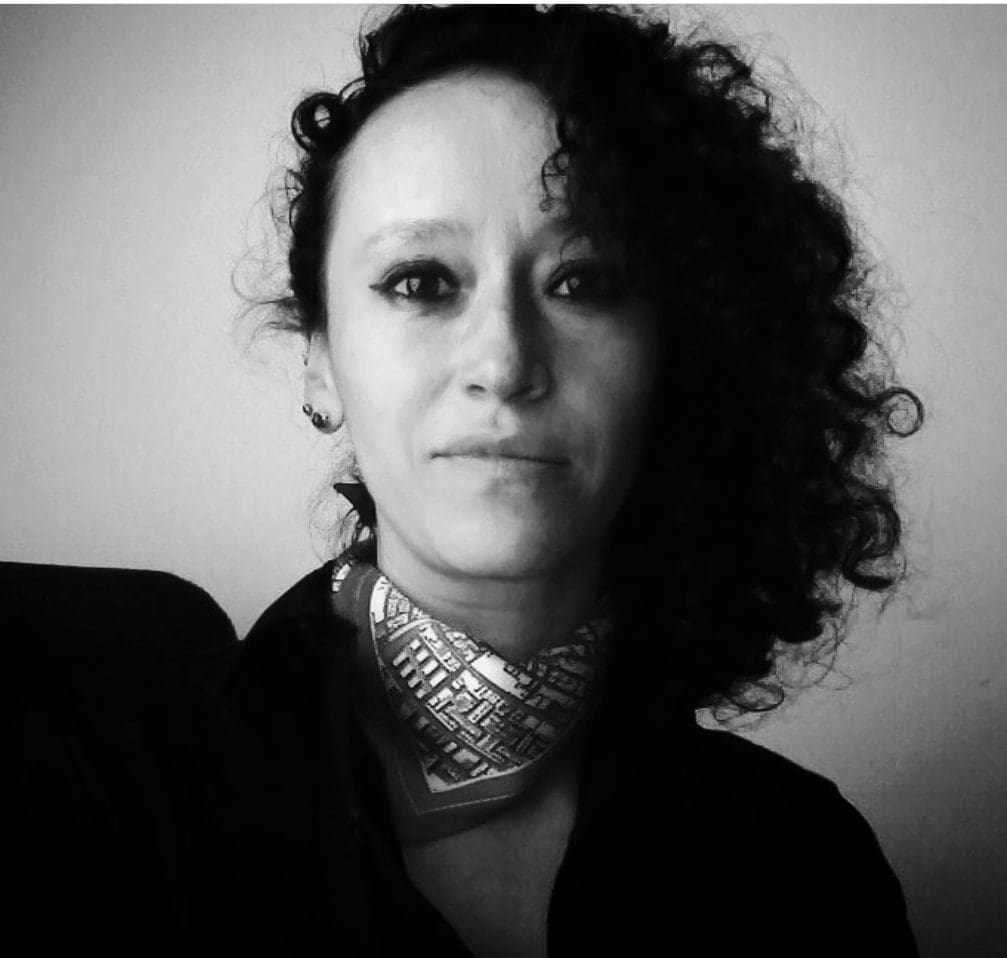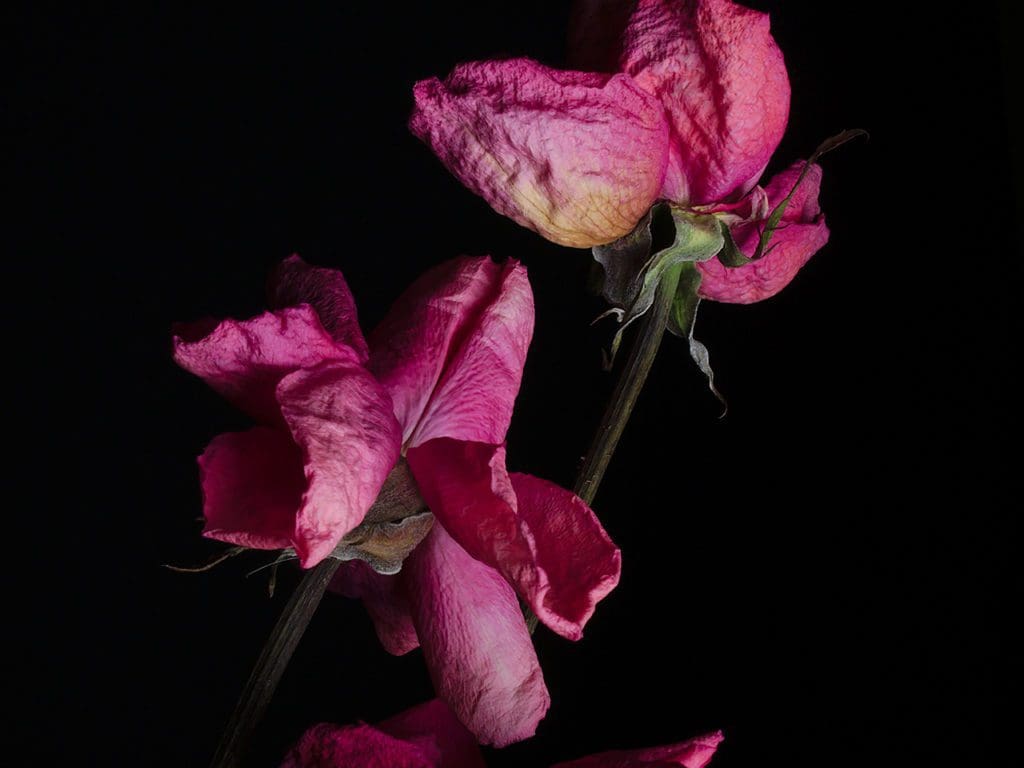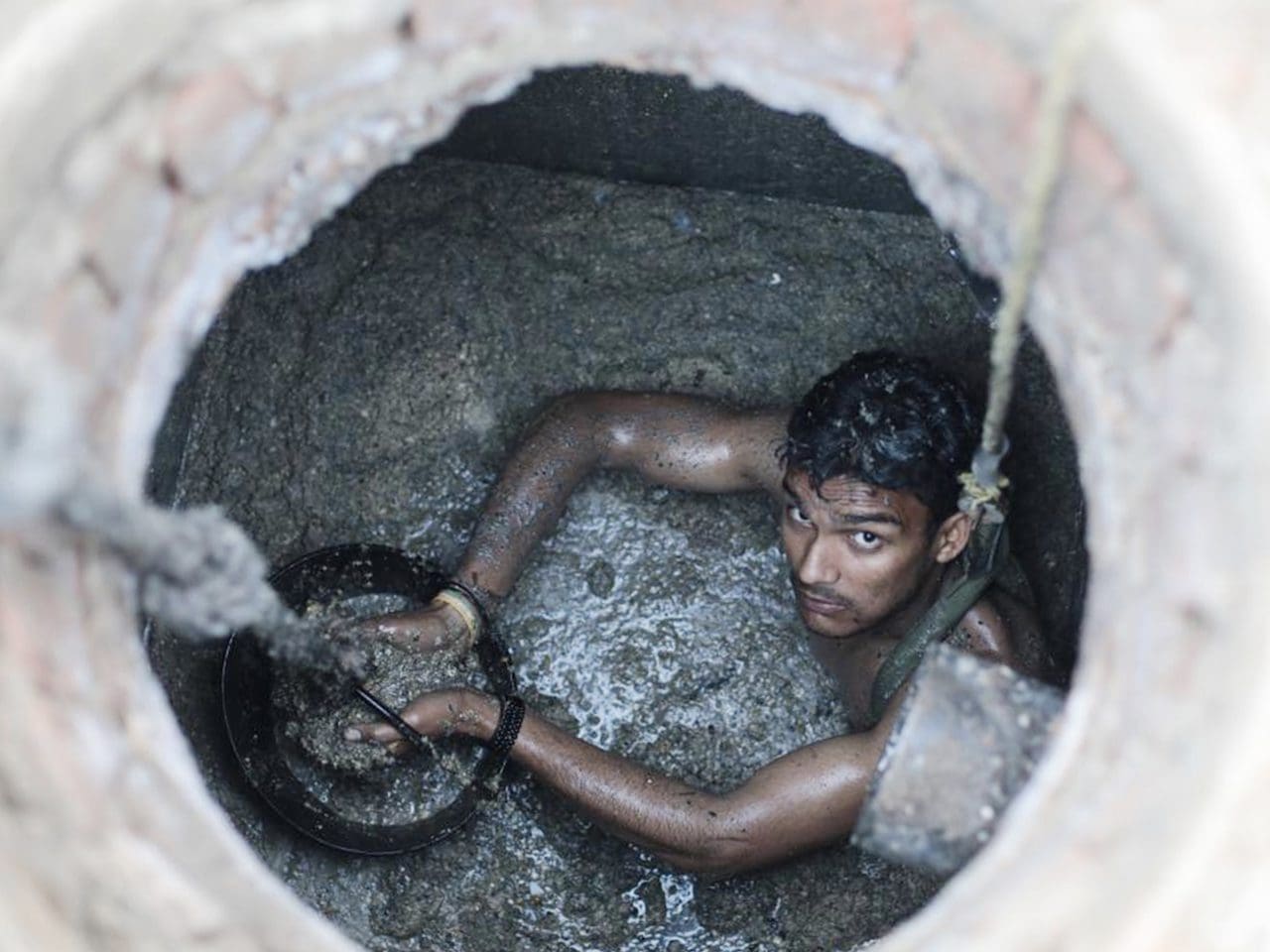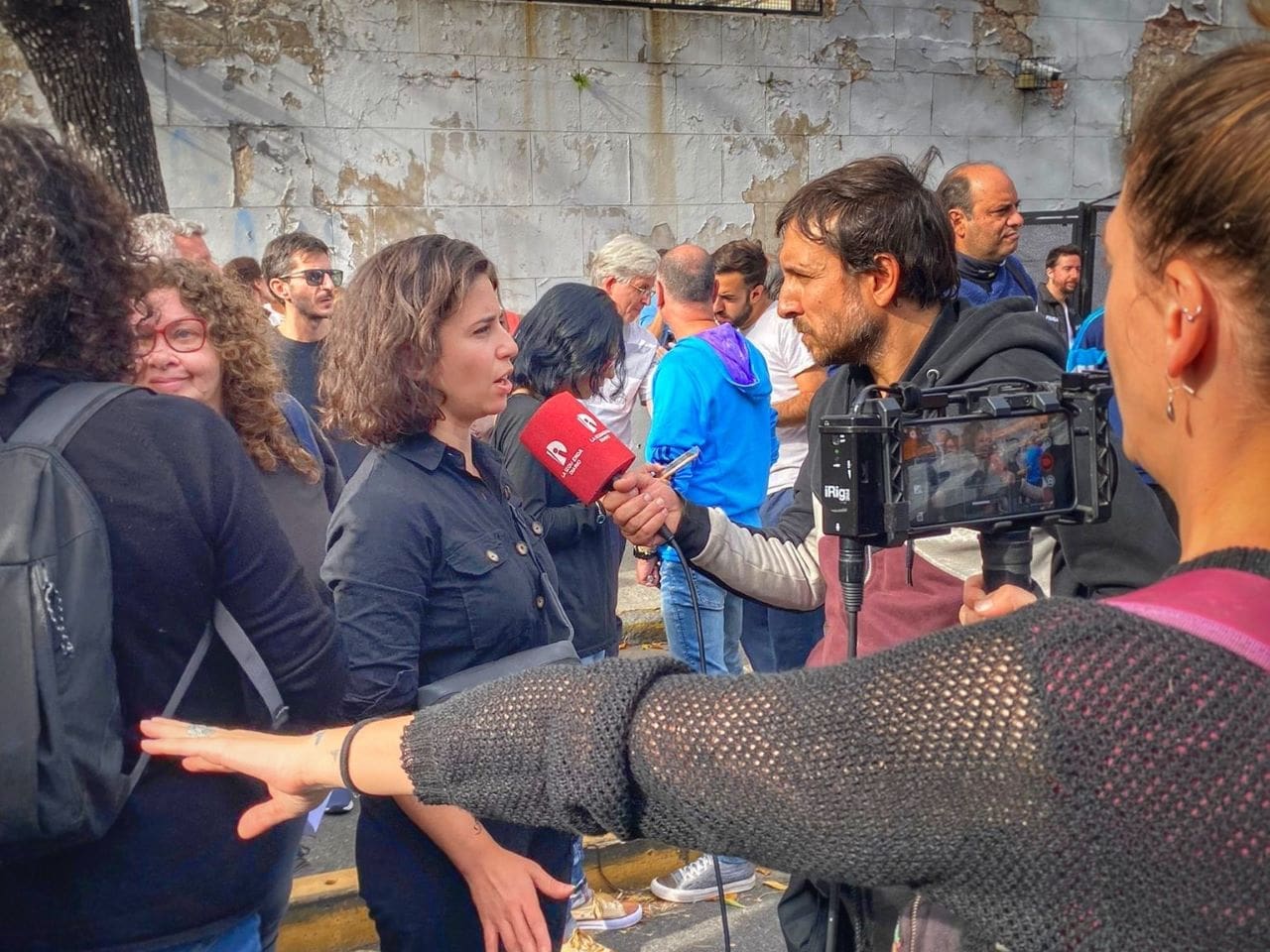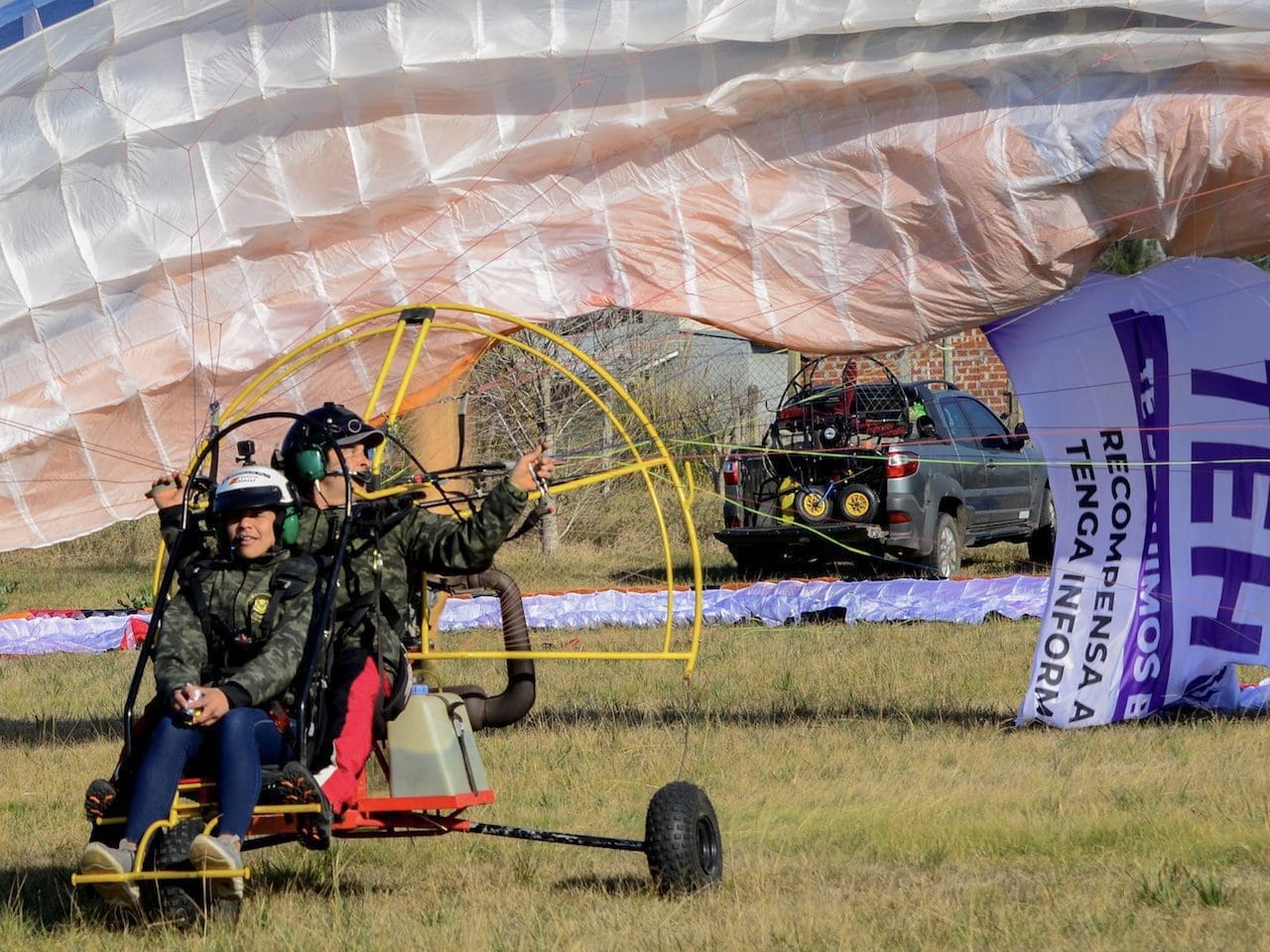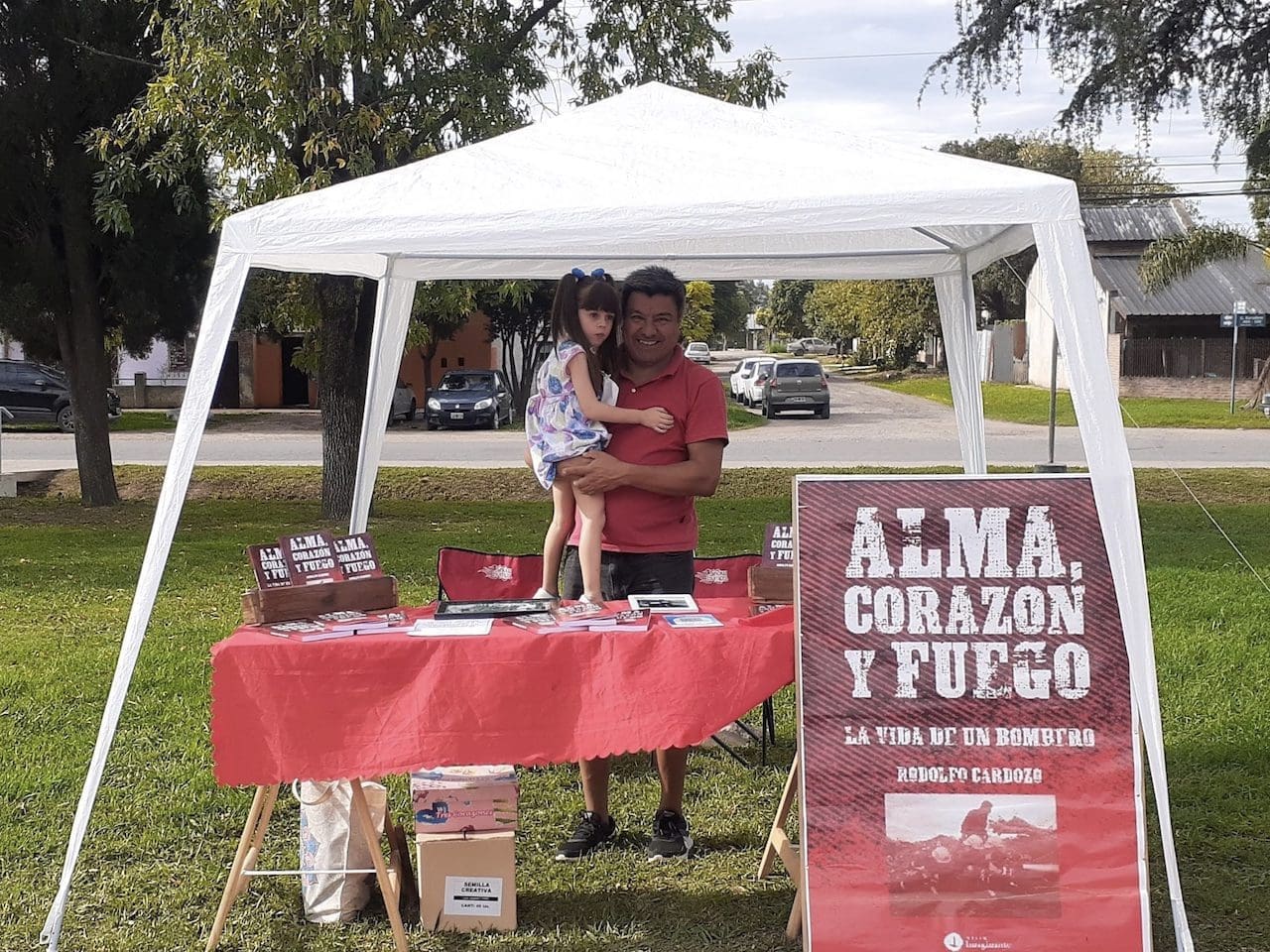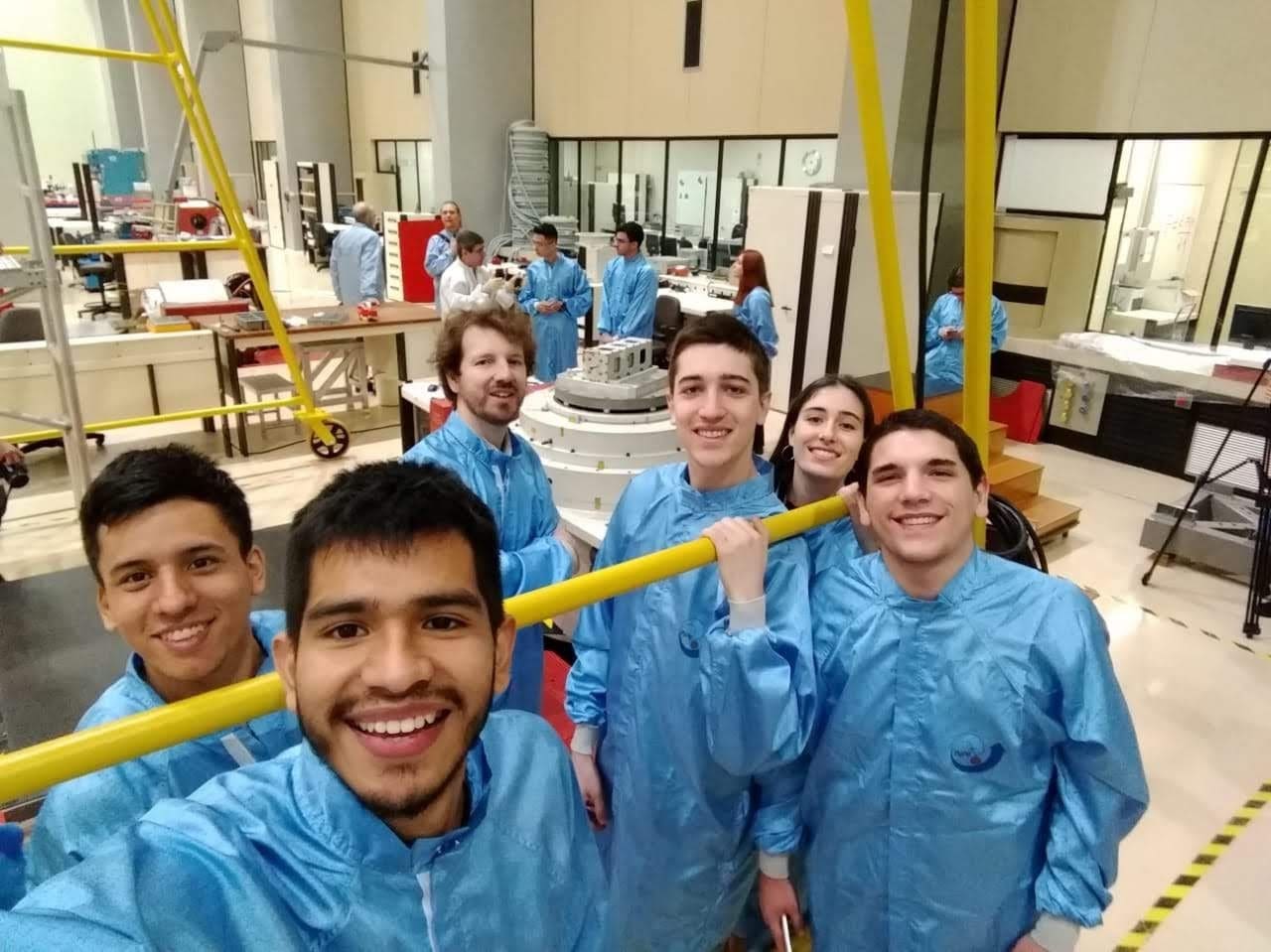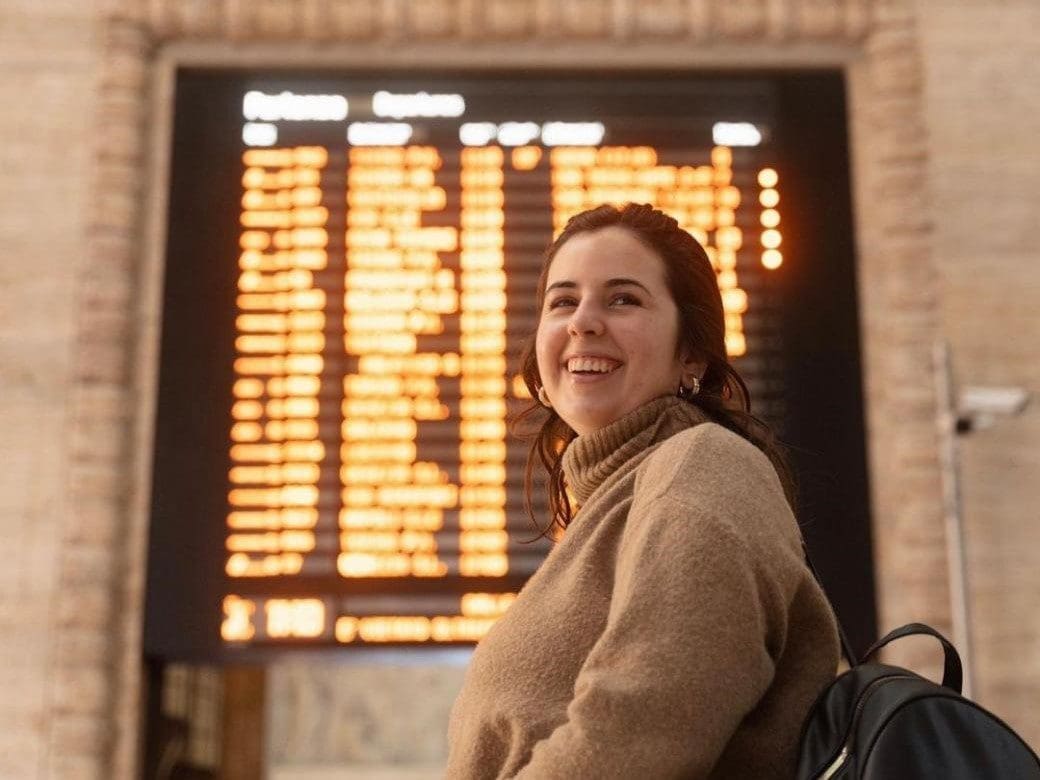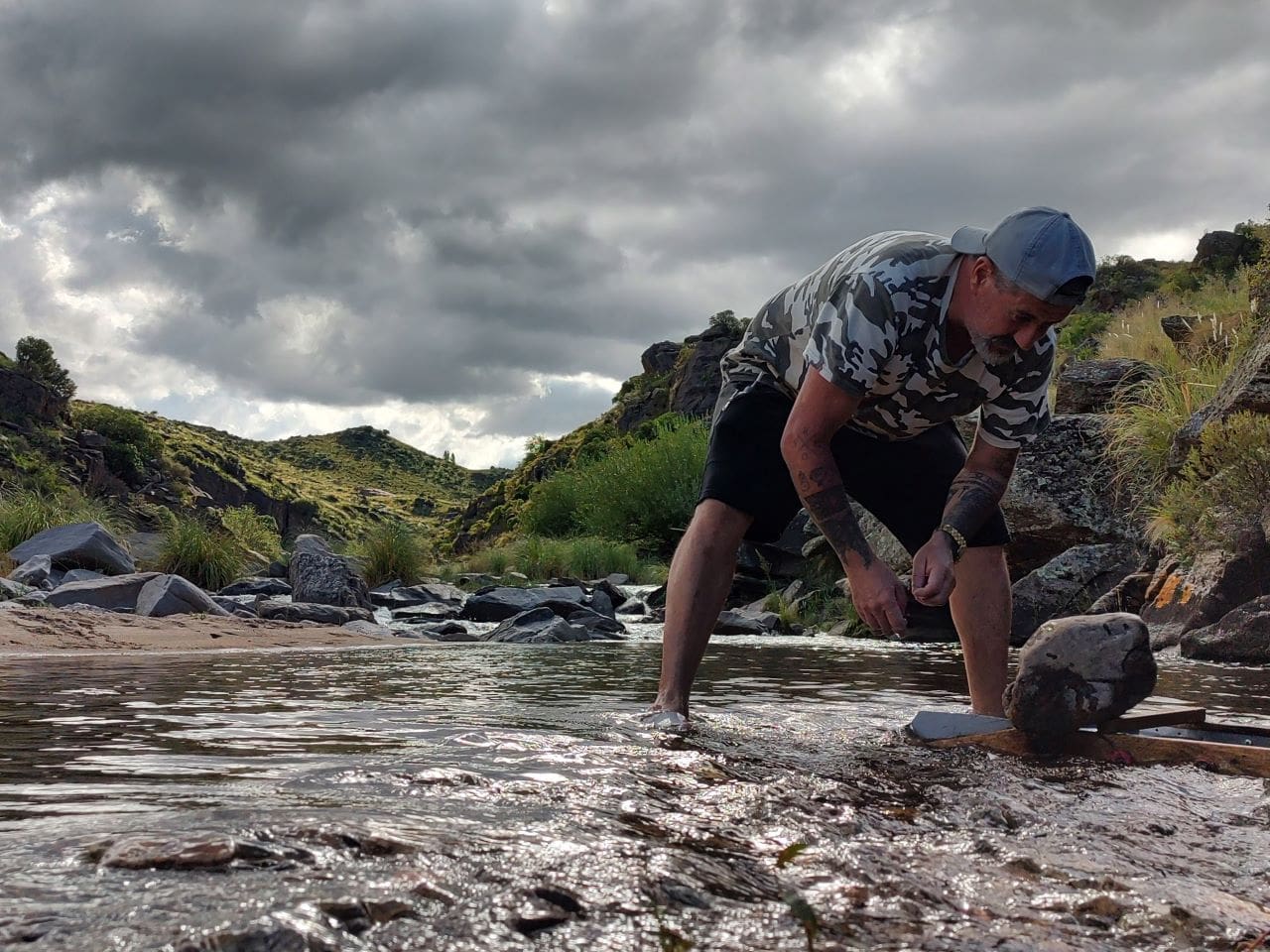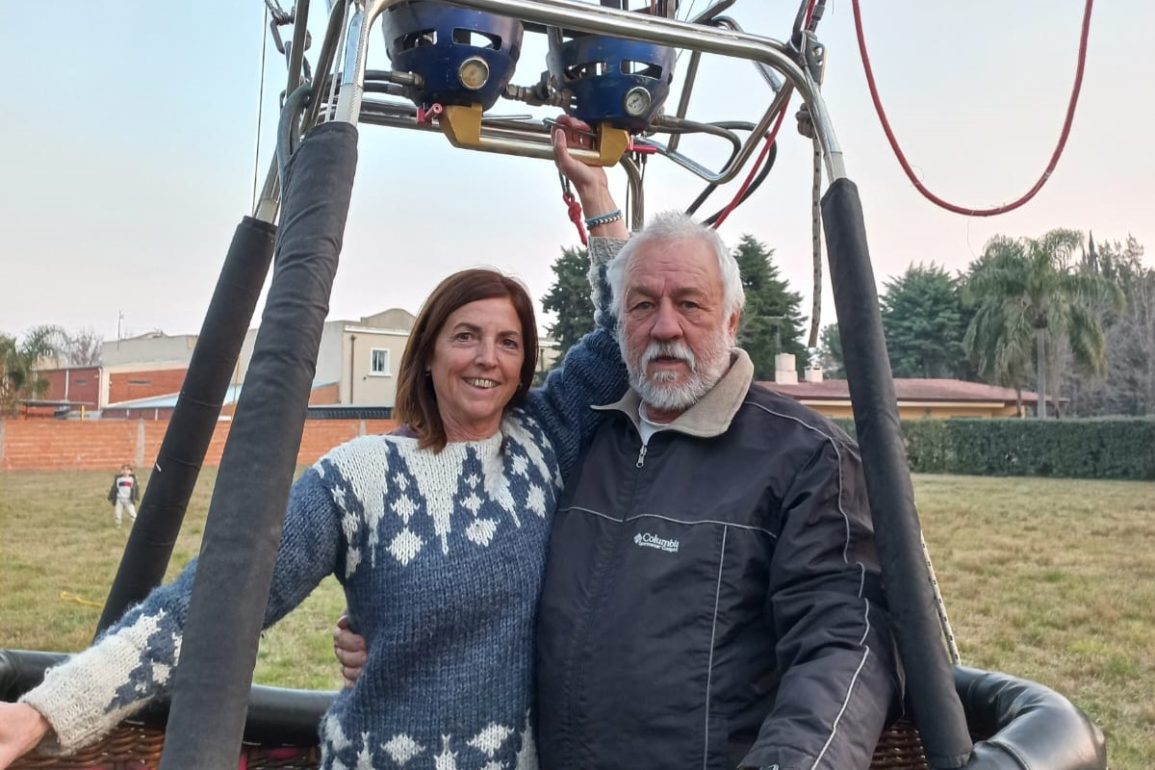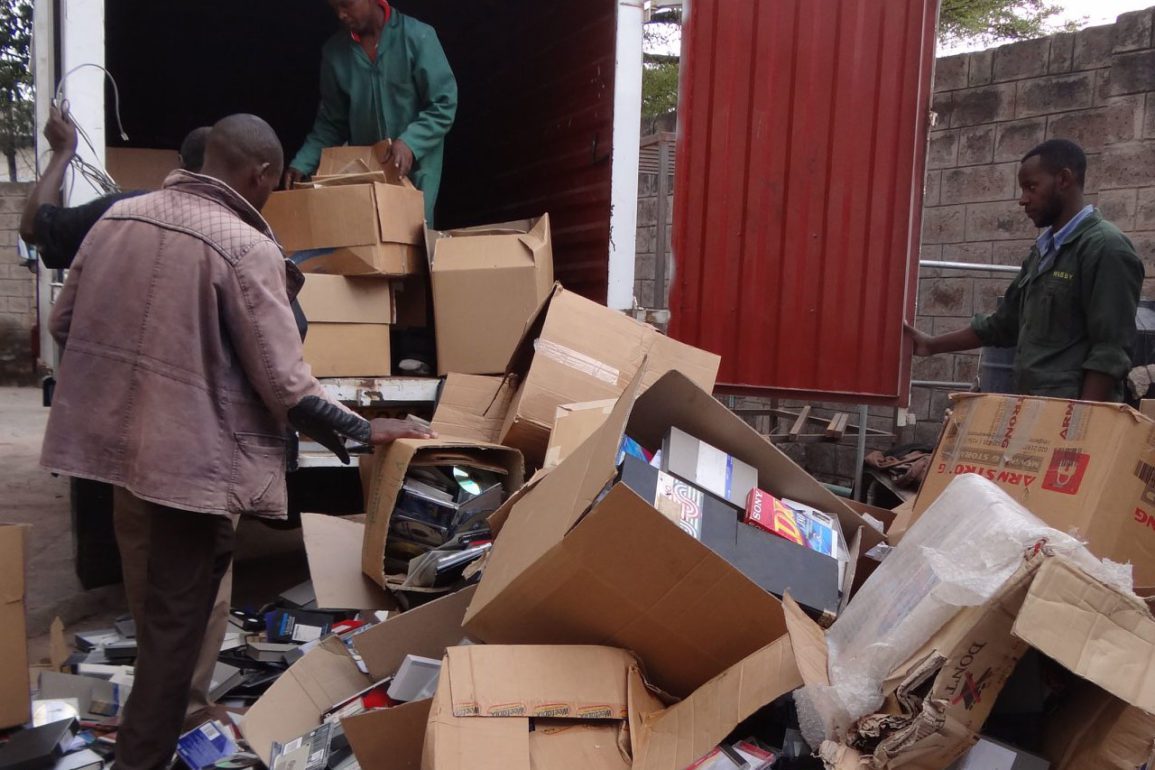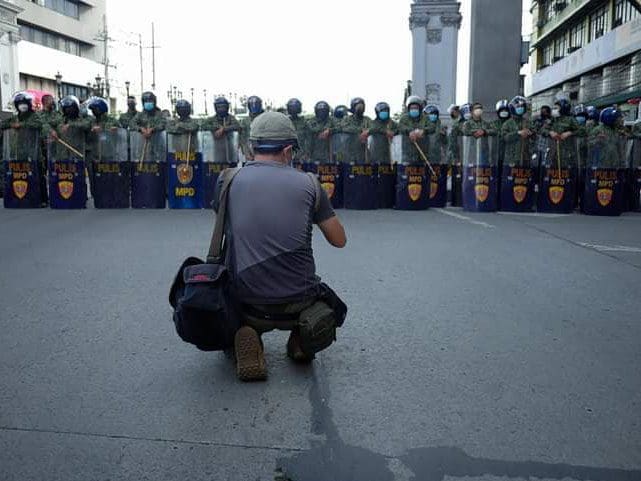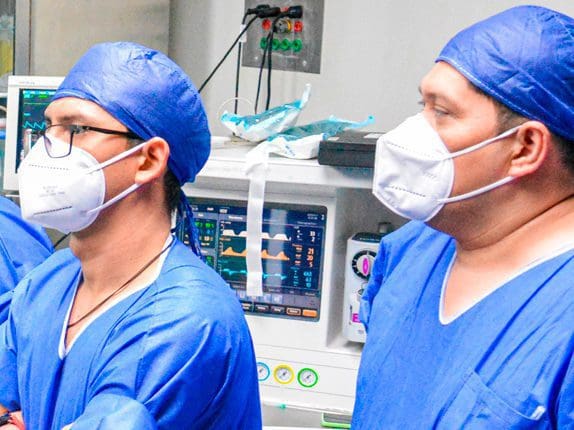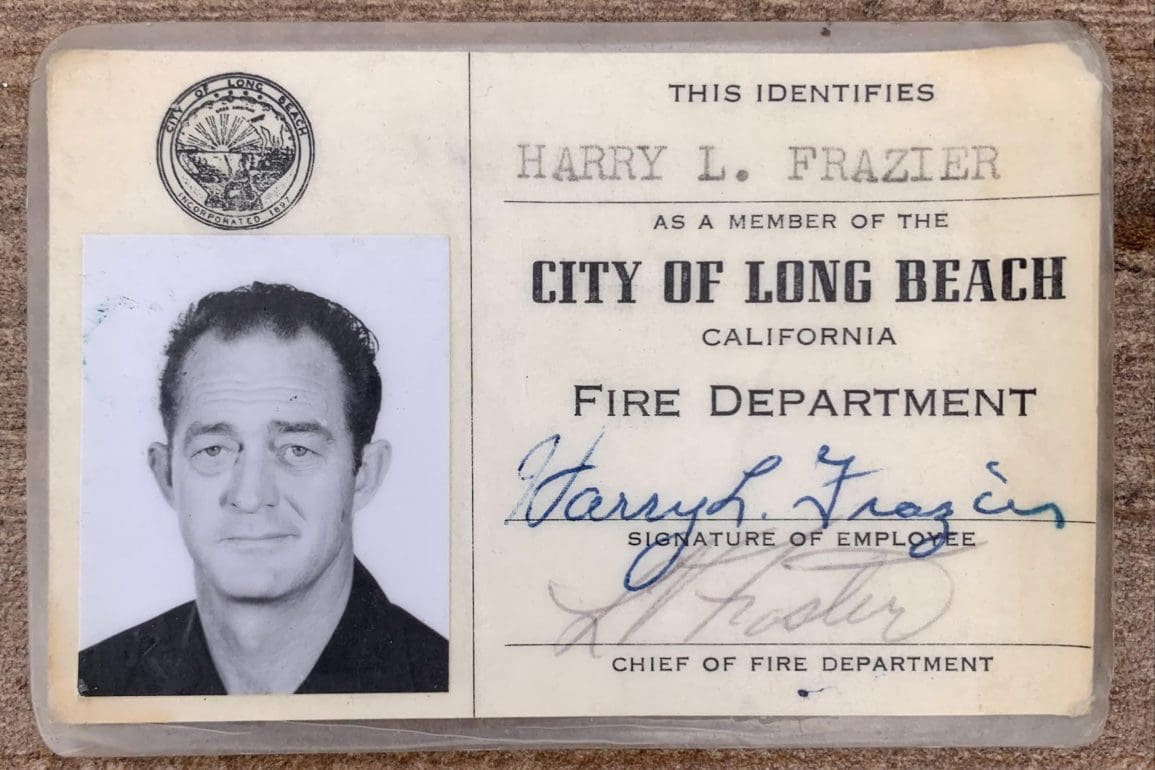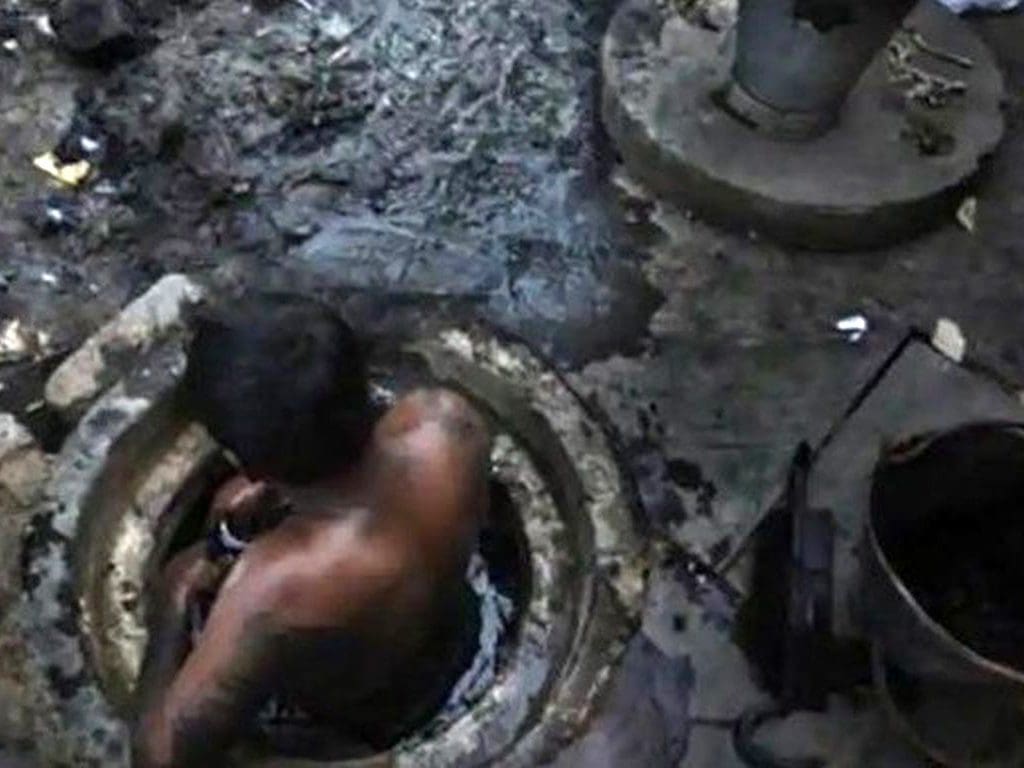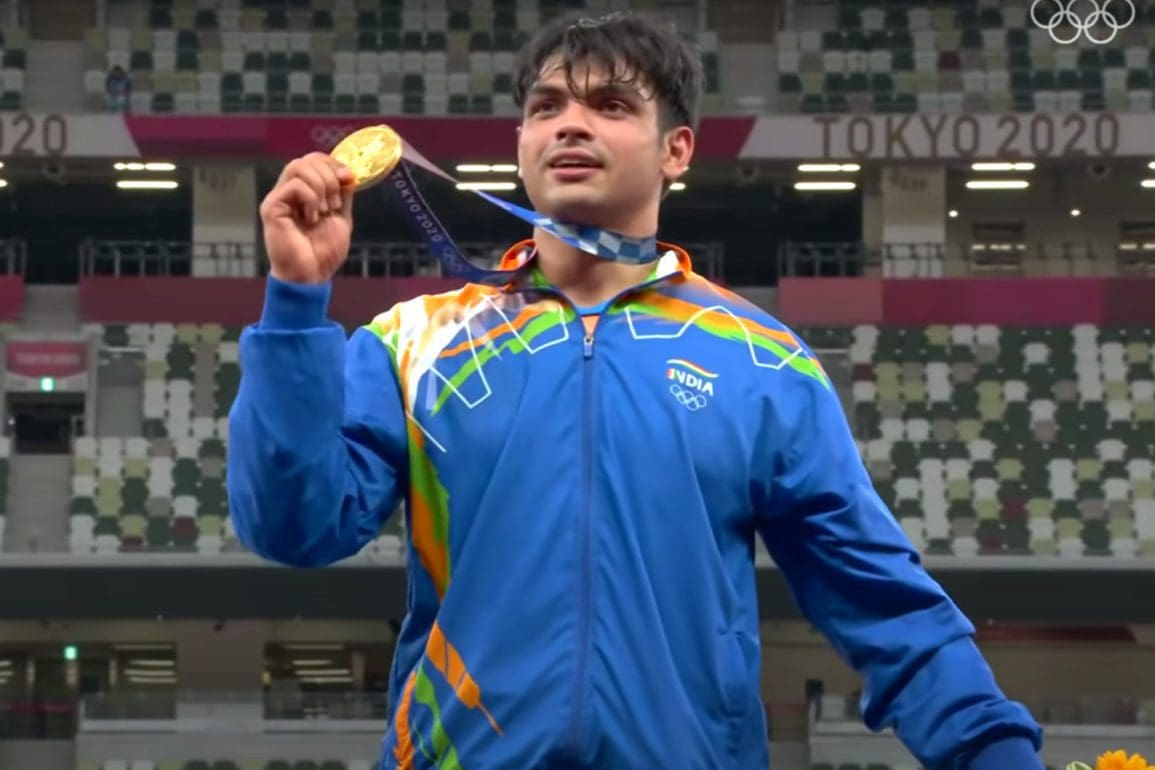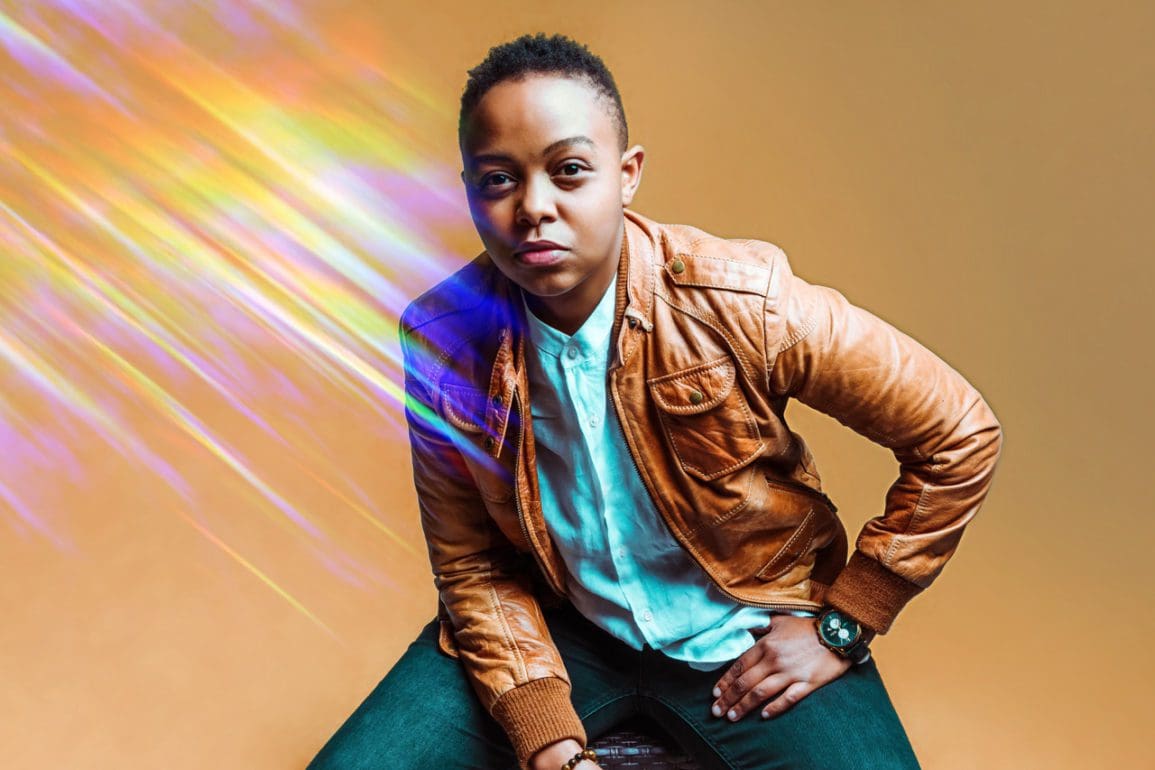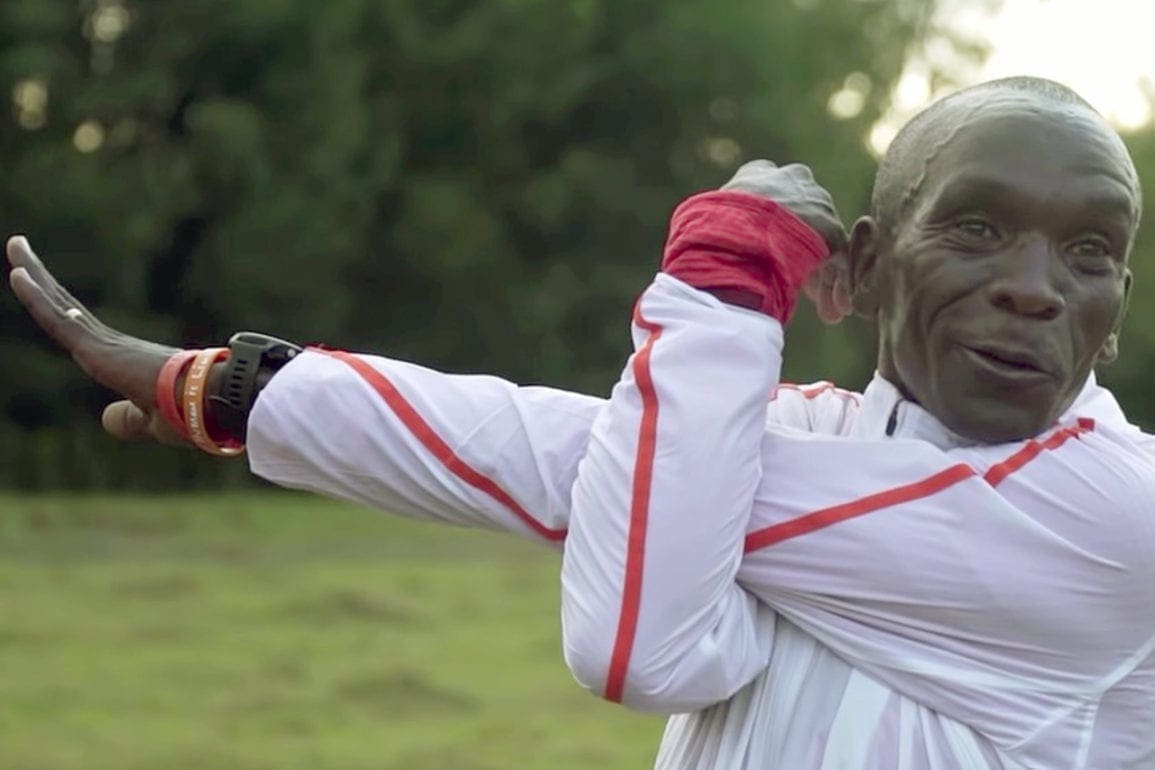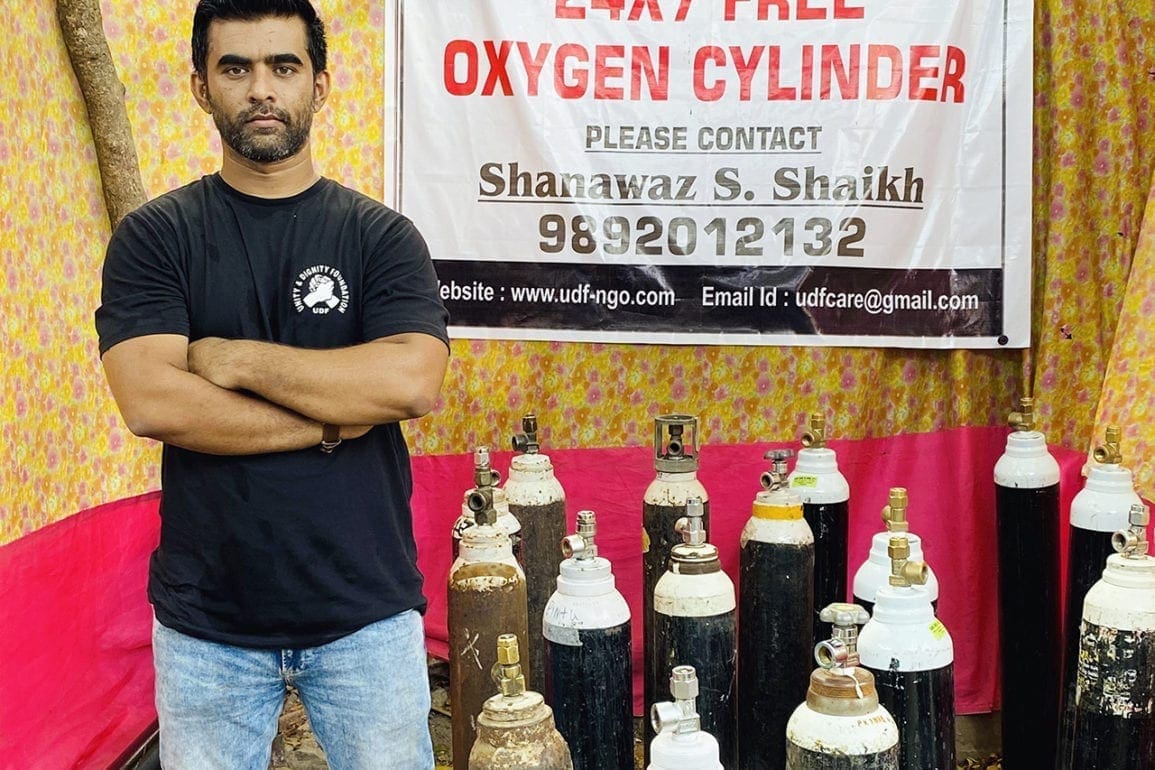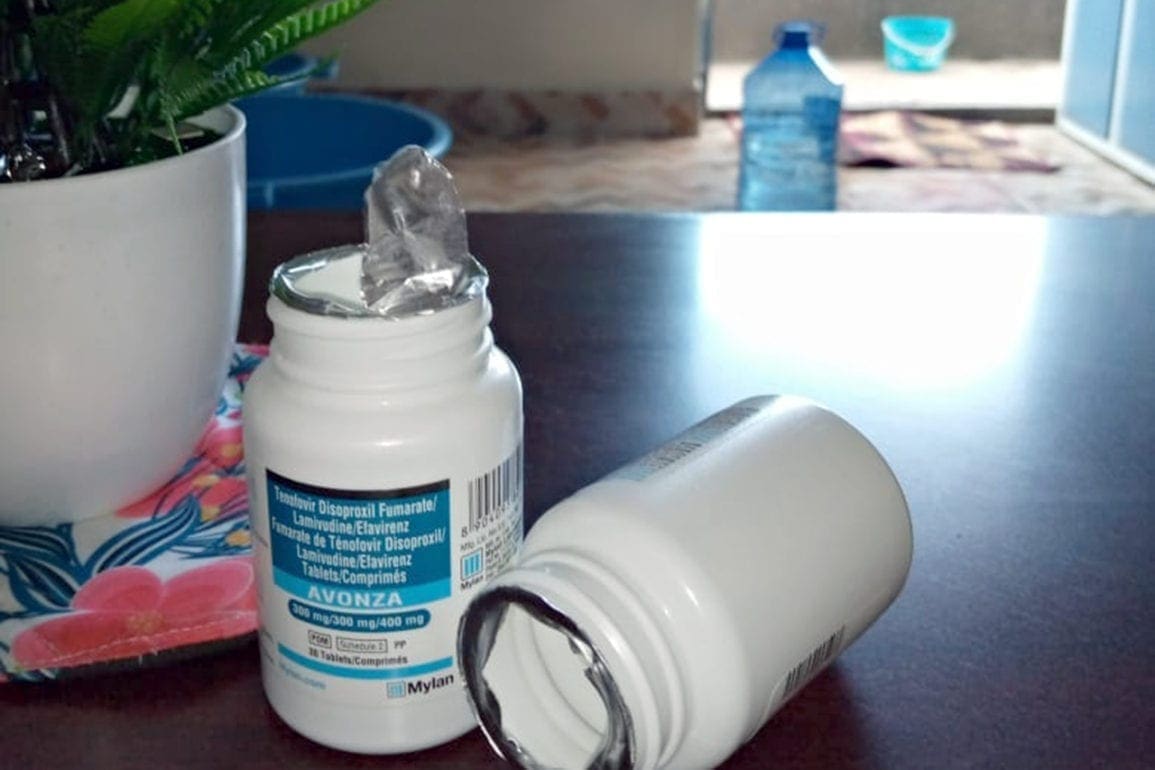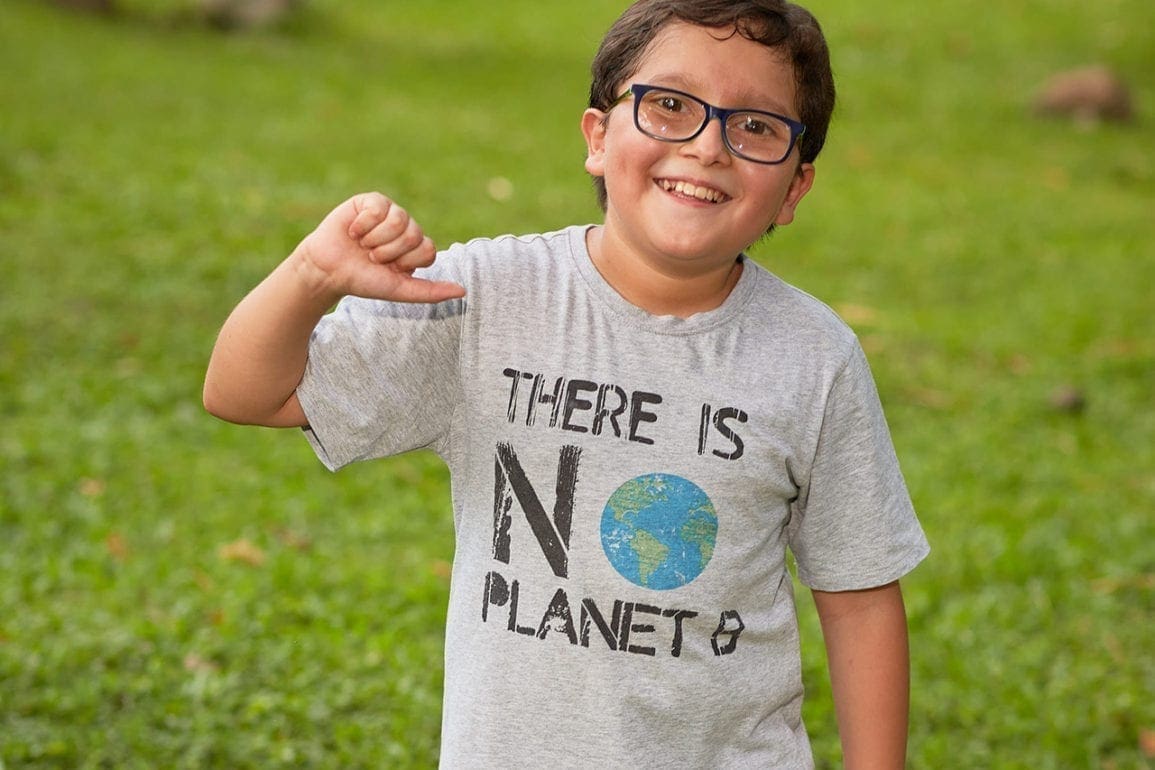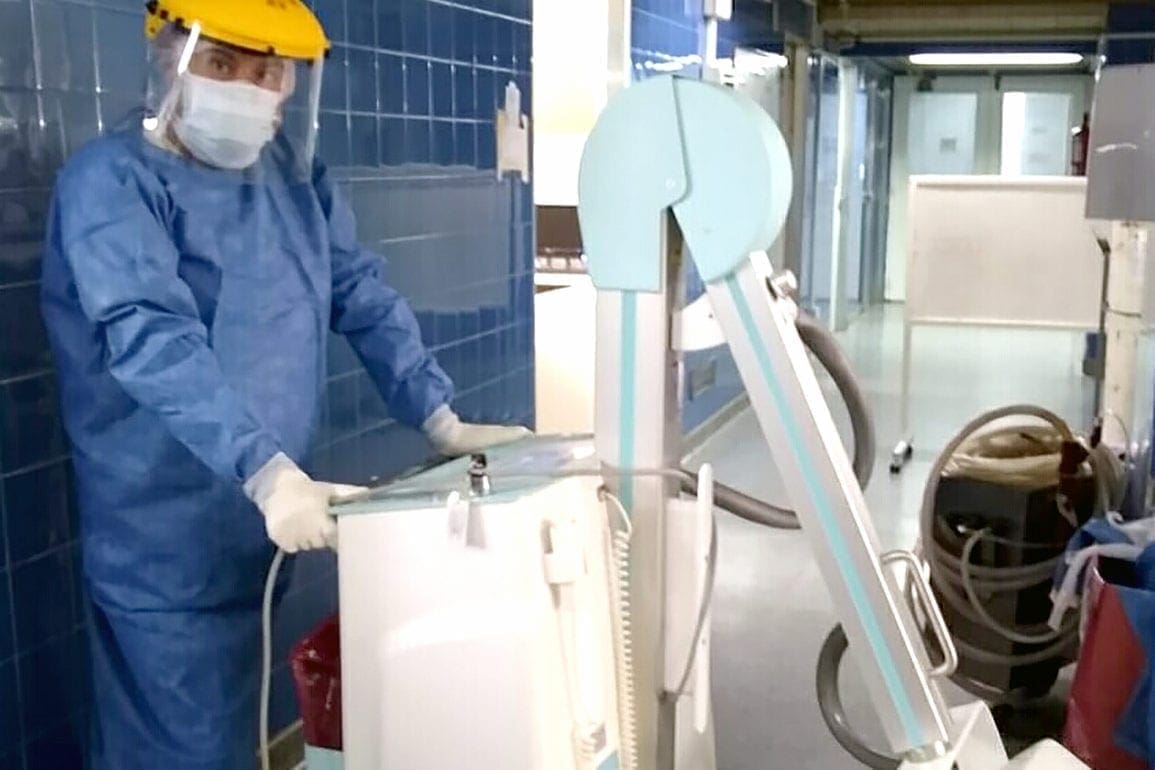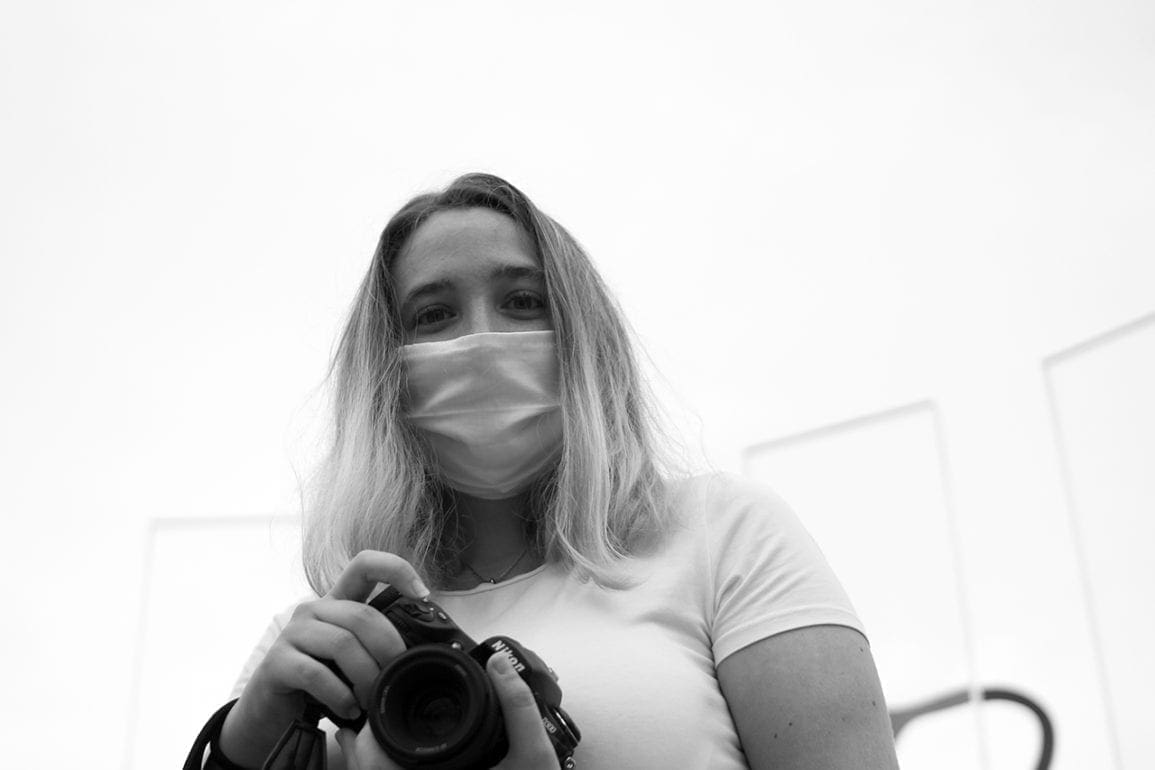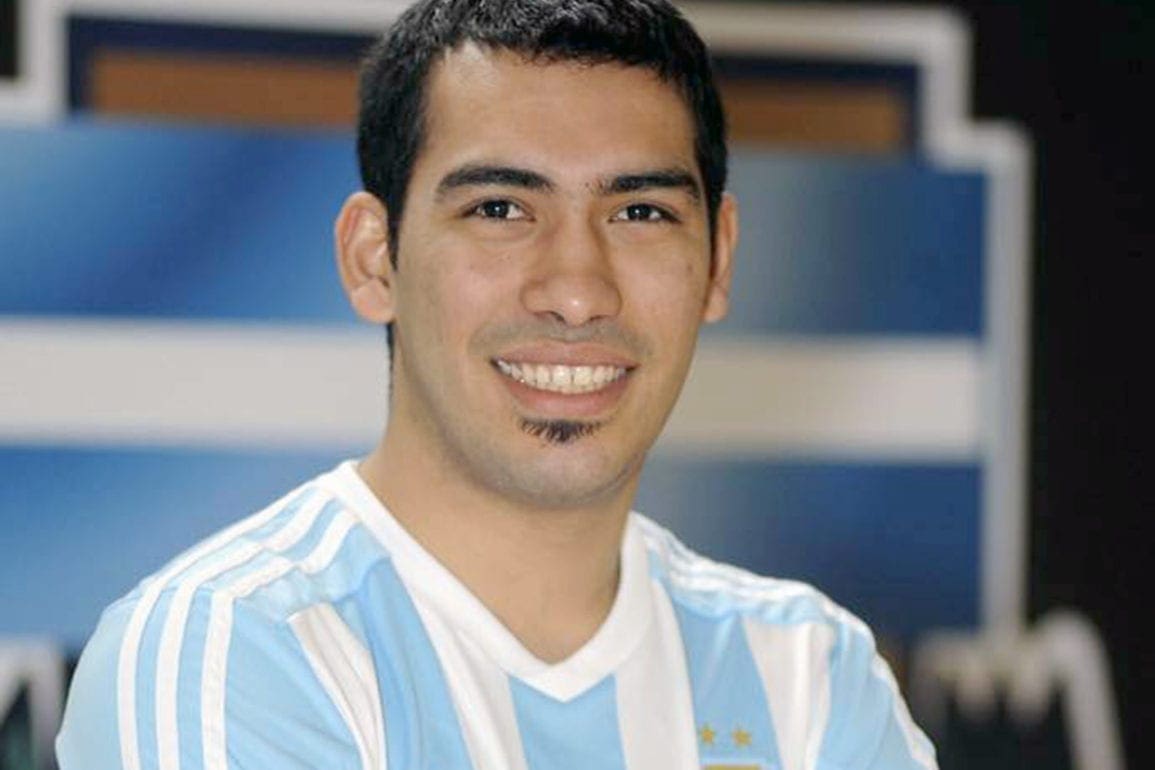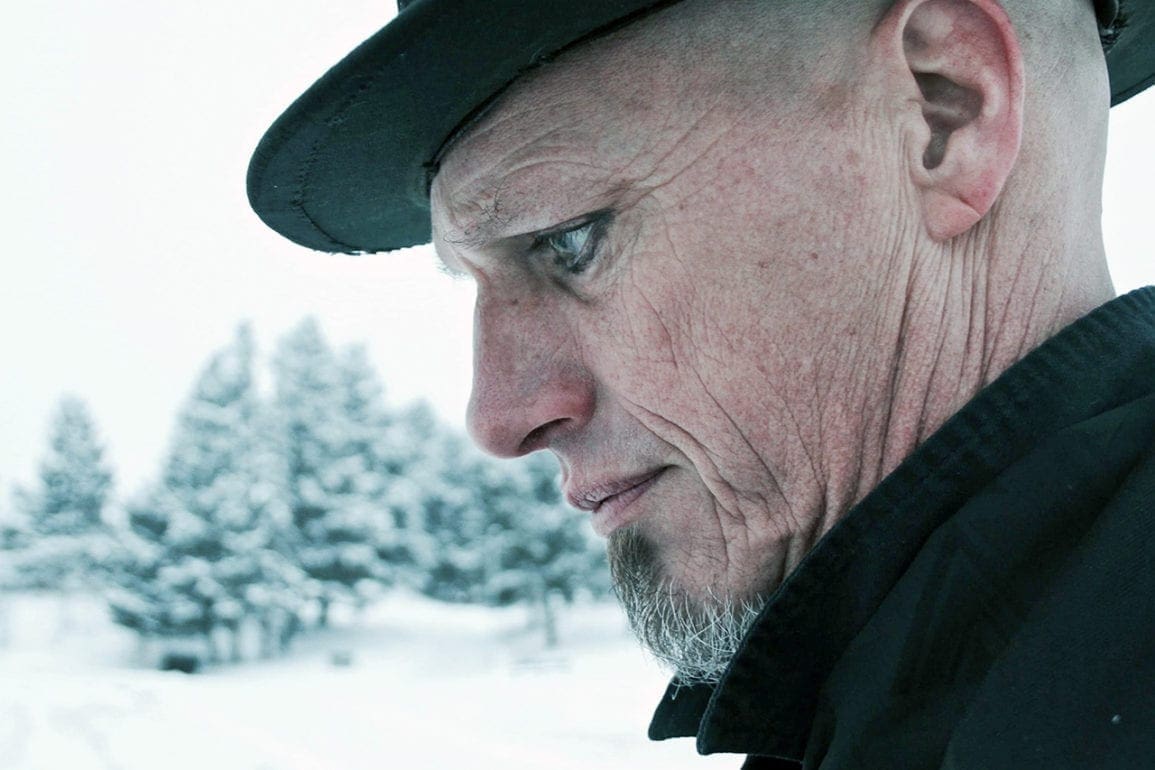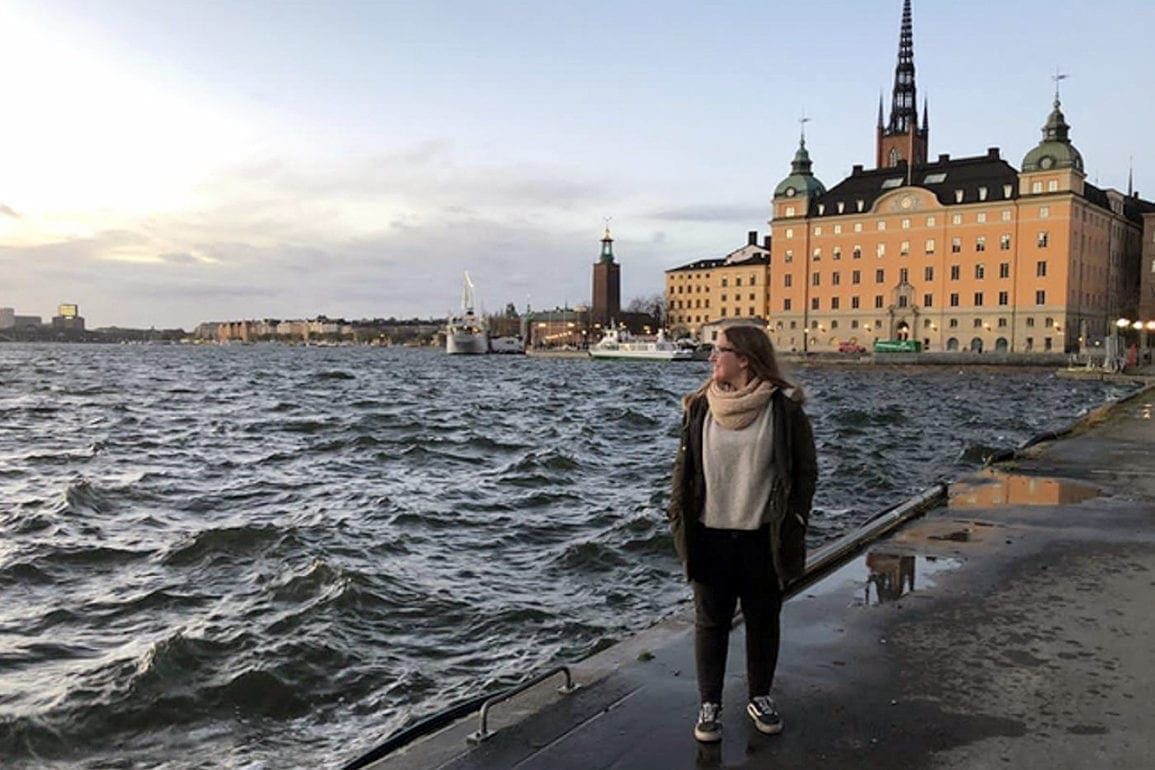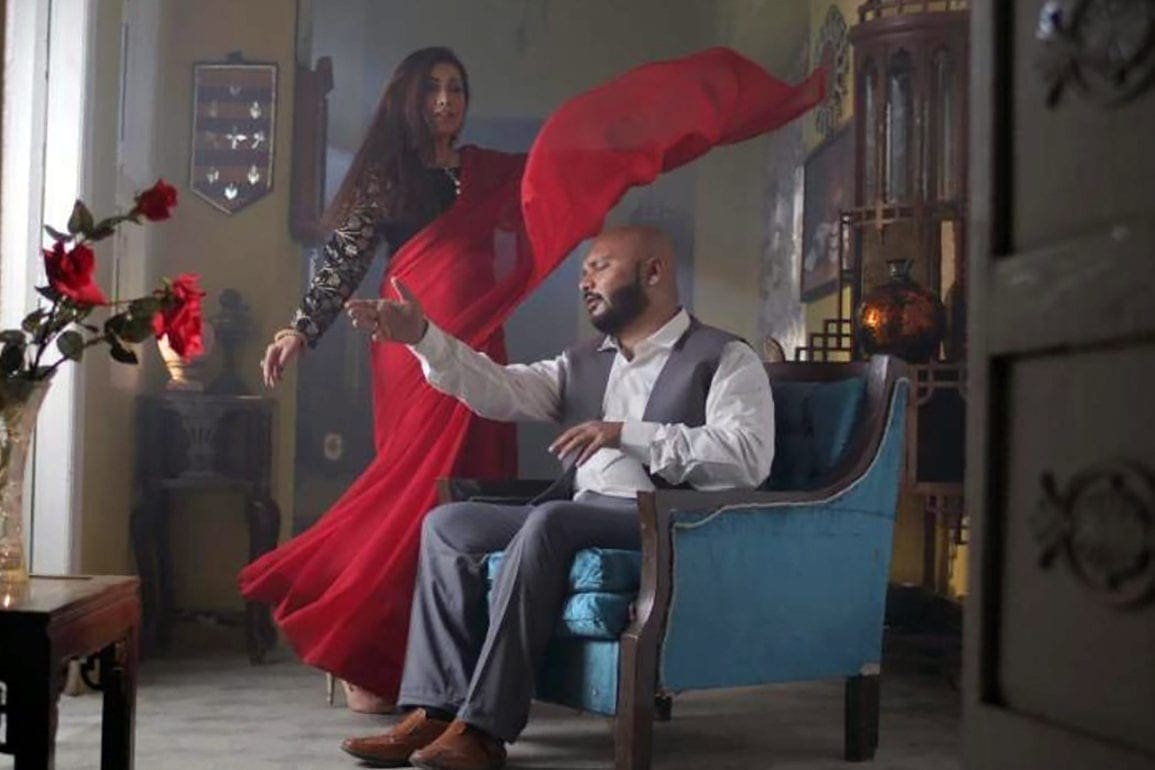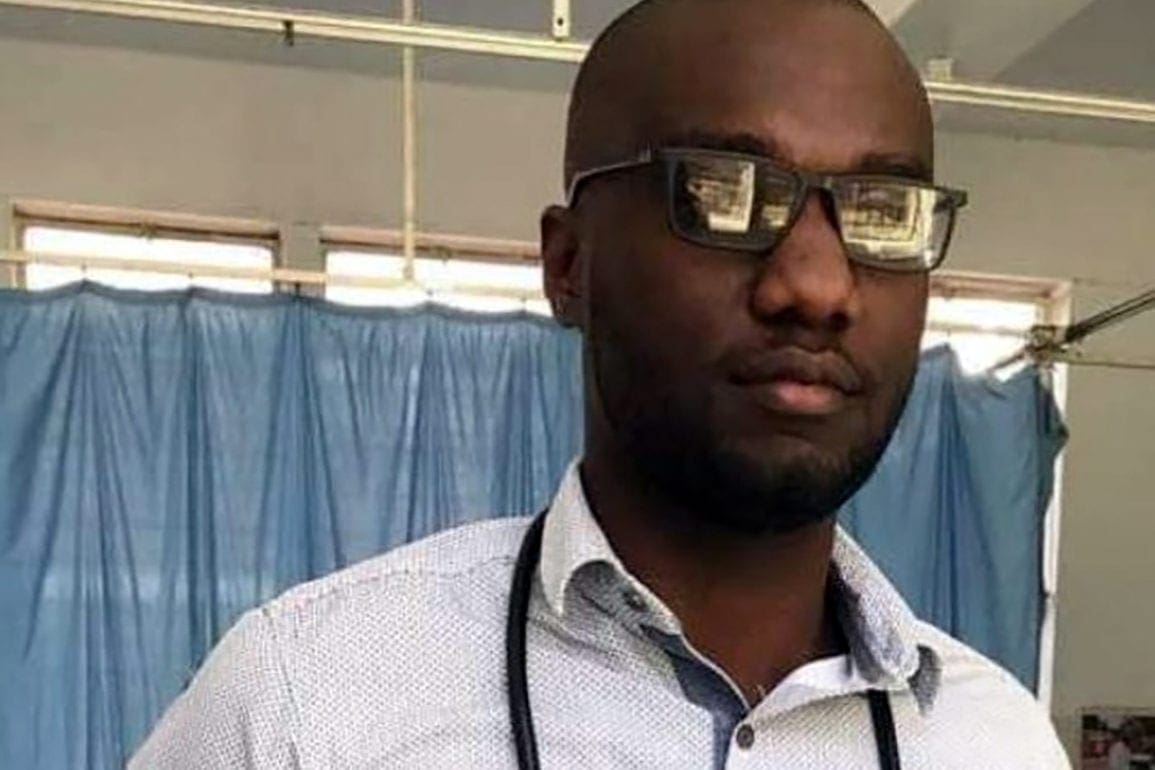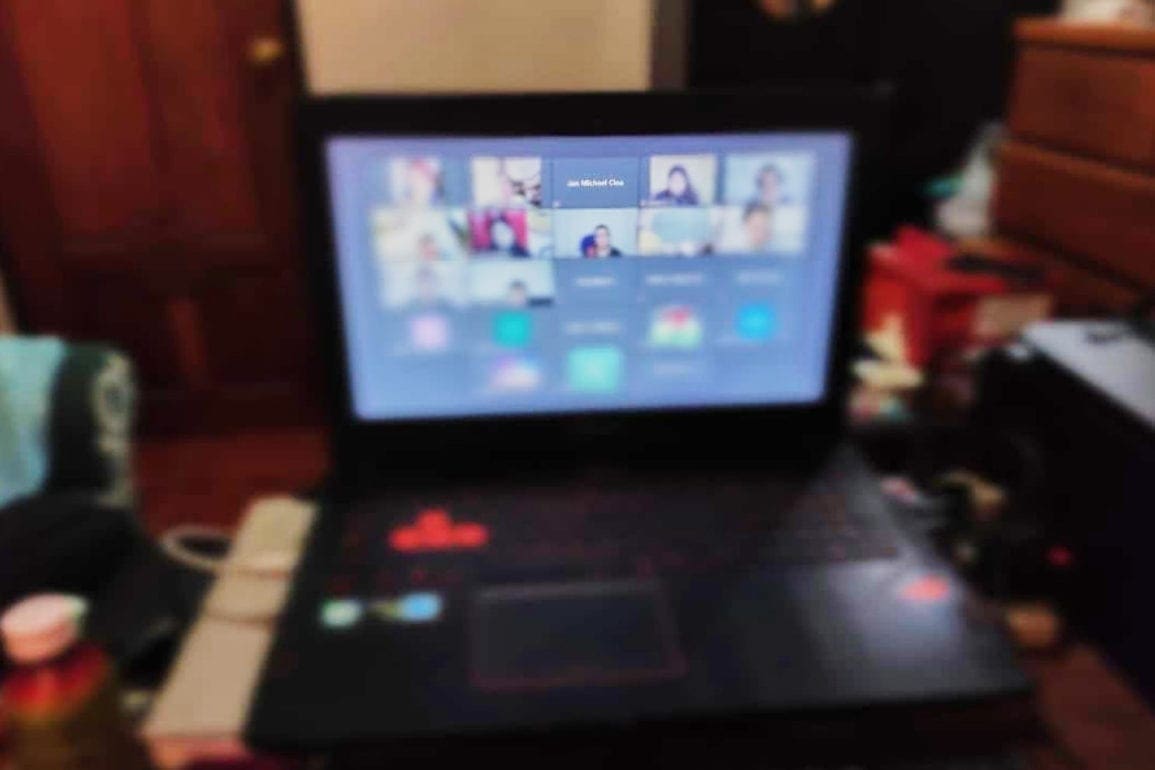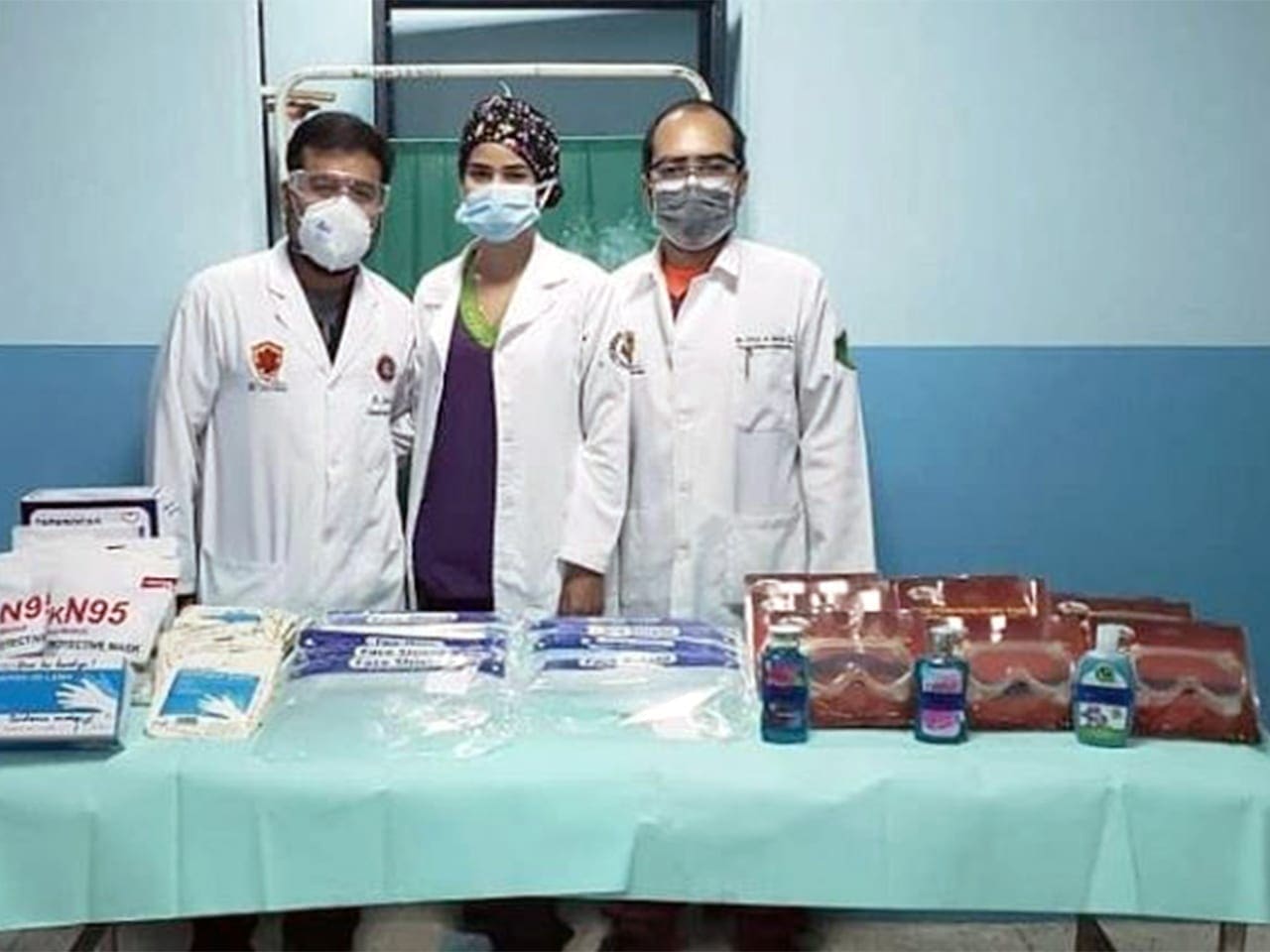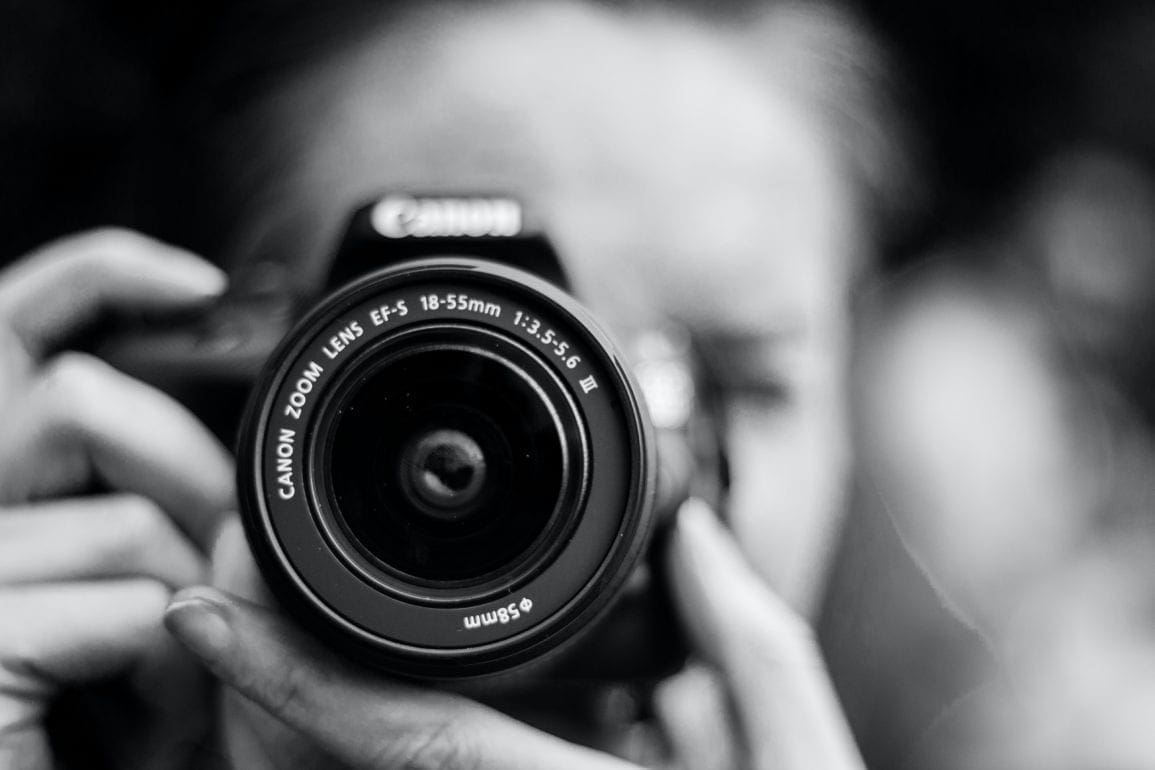End-of-life doula shares the beauty to be found in death
We are going to die; that is obvious. The certainty of death invites me to a task related to life; to live better. Death is a great advisor, calling us to live in the present.
- 3 years ago
November 12, 2021
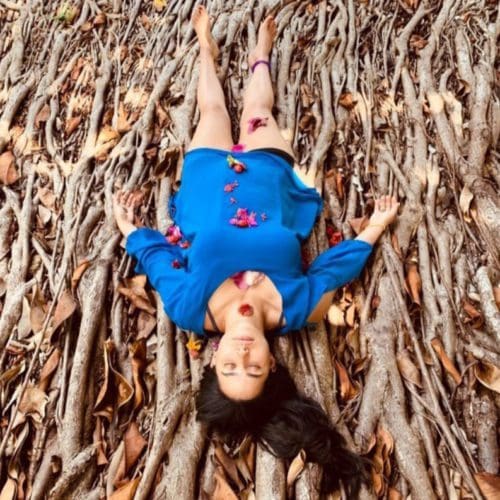
BOGOTÁ, Colombia—My relationship with death began at a young age as I watched my aunt suffer from illness. Refusing doctors’ recommendations to undergo dialysis, her quality of life began to diminish. Discomfort spread throughout the family, but I made a choice to react differently. I moved in with my aunt.
I saw her suffering first-hand. She seemed unhappy in her body, unhappy with living. Malaise overtook her home and for the first time, I sensed a shelter of death surrounding us.
We approached a foundation that helps people exercise their “right to die with dignity.” They explained the steps we must take so my aunt could legally end her life. They helped my aunt put her assets in order and create a will.
I supported her in her final decision.
Helping my aunt die with dignity
People know when death is near, but sometimes friends and relatives cannot accept it. Accompanying my aunt through the process of leaving her body became an important moment for me.
Day-by-day, as her life faded, she experienced relief. She felt happy to choose how she died, not twisted in pain in bed. My aunt was fearless and impressive, empowered by her decision.
My role proved a deep act of love; a human experience where my relationship with death became brotherly, not tragic or painful. I never felt such love for another person than I did in that moment.
My journey as an end-of-life doula began. When my aunt finally closed her eyes for the last time, I understood my calling
Doula training teaches how to empower, educate
For six months, I trained as an end-of-life doula in the United States. I learned about the stages of death and what you can and cannot do. They taught me to manage specific and delicate cases, and how to deal with the pain associated with different diseases.
I received information on key medications to use at the time of death, and which doctors prescribe them. This allows me to teach families how to obtain what they need.
The overarching goal is to educate families about the dying process. Just as women who give birth receive instruction and information about delivery, we educate families about death.
Ninety percent of people who look for me are already at the end of life. They want to move on, but they do not know their legal options for a dignified death.
Reframing the role of an end-of-life doula
Some doulas are more spiritual; I am efficient because I focus on decision making. My goal is to advise families through a complicated and painful process.
Rather than call me a death doula, I like to be called an end-of-life doula. The six months that constitute “end of life” is a long time; it is not just about the day someone dies. A lot happens during this time, so we are constantly learning and attending to all the aspects of the process: spiritual, physical, and psychological.
The doula helps contain the process to prevent distress among the family. We keep the patient out of intensive care, intubated and alone. The family must understand what is happening to the physical body as it fades.
I defend death at home because I believe dying in the ICU is the worst-case scenario. Dying at home, on the other hand, is quiet and peaceful.
Death during the COVID-19 pandemic
In the last year, I worked as a doula more than ever before. People did not want to die alone in hospitals, without family and loved ones nearby. If they contracted COVID, they faced the inability to have a funeral.
I saw first-hand how the pandemic caused people to examine their death, knowing we are all vulnerable and could die at any moment.
More people signed up for doula training programs, often so they could accompany their loved ones at end of life. We began to redefine the territory of death. In the United States, doulas are recognized as part of the healthcare system, but now “schools of death” are appearing.
The pandemic shook us, and technology became fundamental for accompanying people who died from COVID. Final moments were shared via video instead of at the bedside; funeral homes livestreamed services and created new platforms for bereavement rituals.
One experience during the pandemic stands out for me. A man, knowing his death was near, decided to say goodbye to his loved ones by celebrating his own funeral. A festive party took place. People gathered to commemorate and celebrate him, to hug and to dance. Moments like this are undoubtedly changing the negative paradigm of death.
Other families, isolated at home, had to learn to relate to death differently, to comb their loved one’s hair, put clothes on them, and sing to them at their bedside.
What occurs in the moments before passing
When a person dies and their physical body lays on the bed, family members often struggle to accept that the person is no longer with us. The doula exercises patience, discipline, and spirit to gradually accustom people to the idea that death need not be feared.
The patients themselves look to us for answers to metaphysical questions. Having regular contact with death, I can act as a companion to solve the questions that arise in the final moments.
For all people, regardless of where we come from, transcendence from the earthly world is a near-constant concern. It is impressive to think that the human mind, while culturally different, considers the same problems at the finality of life.
We wonder: have I lived a purposeful life? Pondering these questions leads to calm deaths, whereas those who avoid them face longer, more difficult deaths.
Death is a certainty
We are going to die; that is obvious. The certainty of death invites me to a task related to life; to live better. Death is a great advisor, calling us to live in the present.
Those who die become our teachers. They tell me things they cannot say to anyone else; their last words contain great depth.
As I listen, I know this will be me one day. Accompanying them becomes a human act, creating a powerful bond. I am not trying to save anyone.
In the end, I see that people die as they lived.
